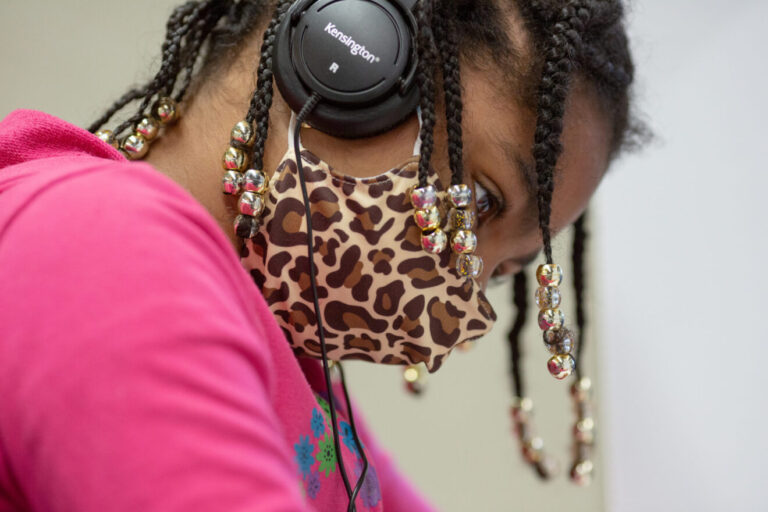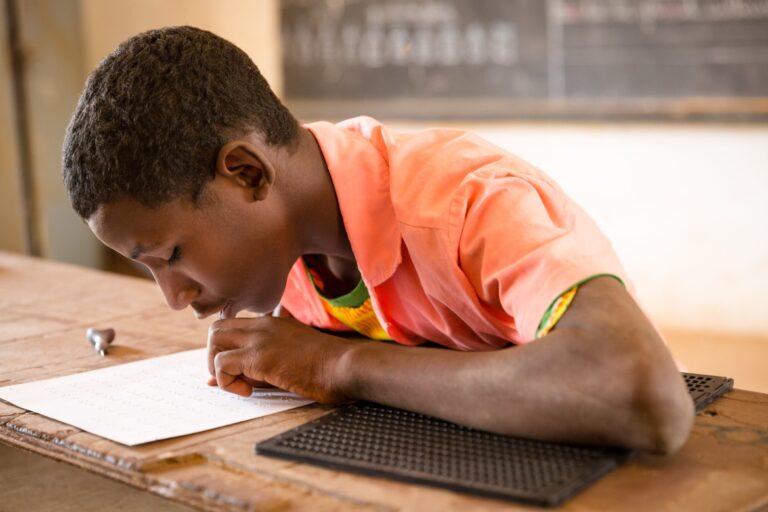FOREWORD
The highest performing education systems are those that combine equity with quality.
They give all children opportunities for a good quality education. This report presents policy
recommendations for education systems to help all children succeed in their schooling. It
looks into system level and school level policies to promote equity and quality. It also
provides evidence on how to support disadvantaged students and schools, as improving
opportunities for them benefits education systems and societies as a whole.
School failure penalises a child for life. The student who leaves school without
completing upper secondary education or without the relevant skills has fewer life prospects.
This can be seen in lower initial and lifetime earnings, more difficulties in adapting to rapidly
changing knowledge-based economies, and higher risks of unemployment. The same child is
also less likely to take up further learning opportunities and less able to participate fully in the
civic and democratic aspects of modern societies.
Educational failure also imposes high costs on society. Poorly educated people limit
economies’ capacity to produce, grow and innovate. School failure damages social cohesion
and mobility, and imposes additional costs on public budgets to deal with the consequences –
higher spending on public health and social support and greater criminality, among others.
For all these reasons, improving equity in education and reducing school failure should be a
high priority in all OECD education policy agendas.
The evidence shows that equity can go hand-in-hand with quality; and that reducing
school failure strengthens individuals’ and societies’ capacities to respond to recession and
contribute to economic growth and social wellbeing. This means that investing in high quality
schooling and equal opportunities for all from the early years to at least the end of upper
secondary is the most profitable educational policy. Students who have enriching school
experiences will be more likely to stay in education and successfully transfer to the labour
market. Those who struggle at early stages but receive adequate, timely support and guidance
have higher probabilities of finishing, despite any difficulties in their family or social
background.
The current economic recession adds urgency to the task, with greater unemployment
and increasing demand for higher level skills. Yet, while most education ministries highlight
the reduction of school failure as a priority, OECD countries show little consistency in their
policies and practices to support low performing disadvantaged schools and students.
Challenges remain as to what types of policies and practices work best, and how to
implement them.
Connect with us :






